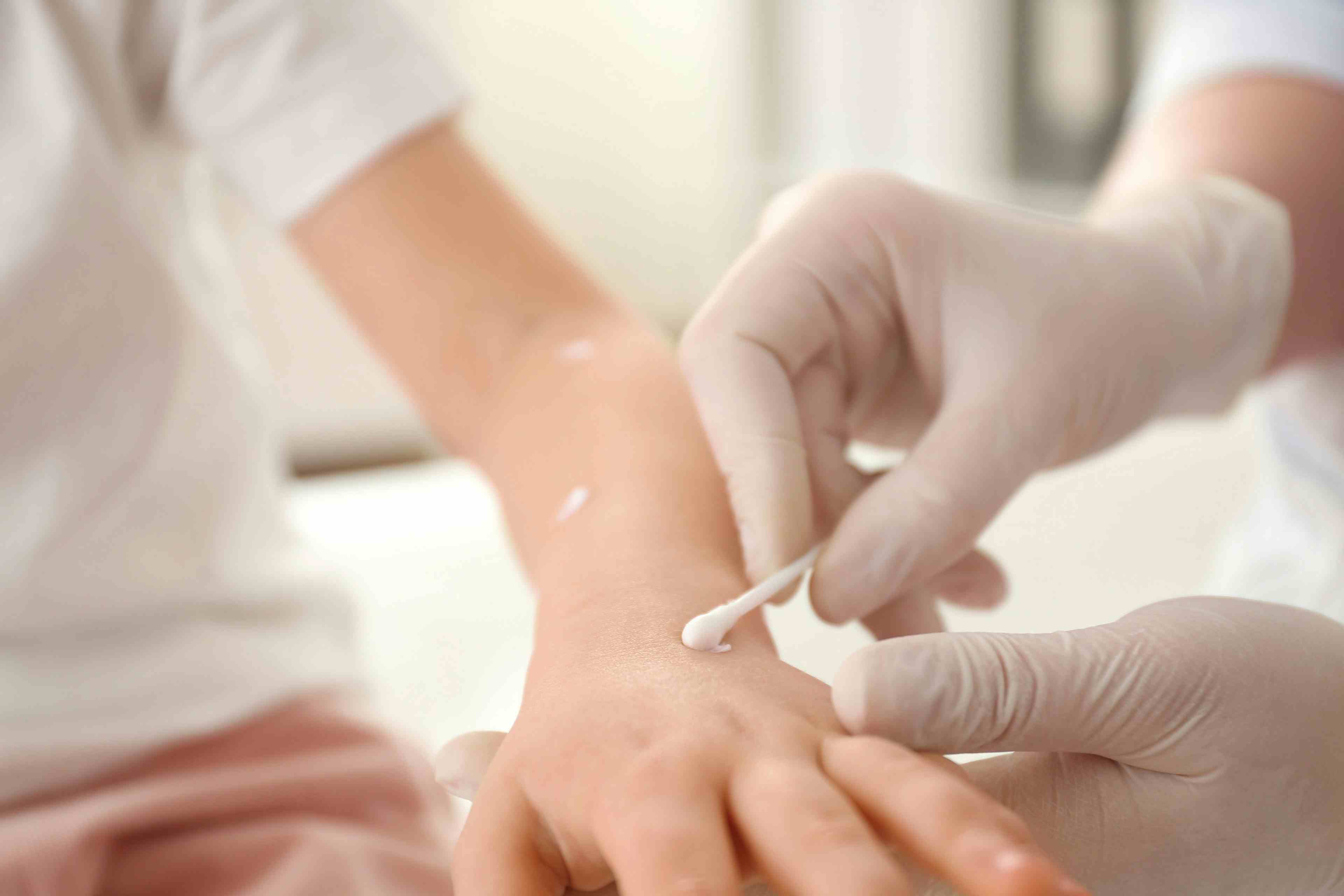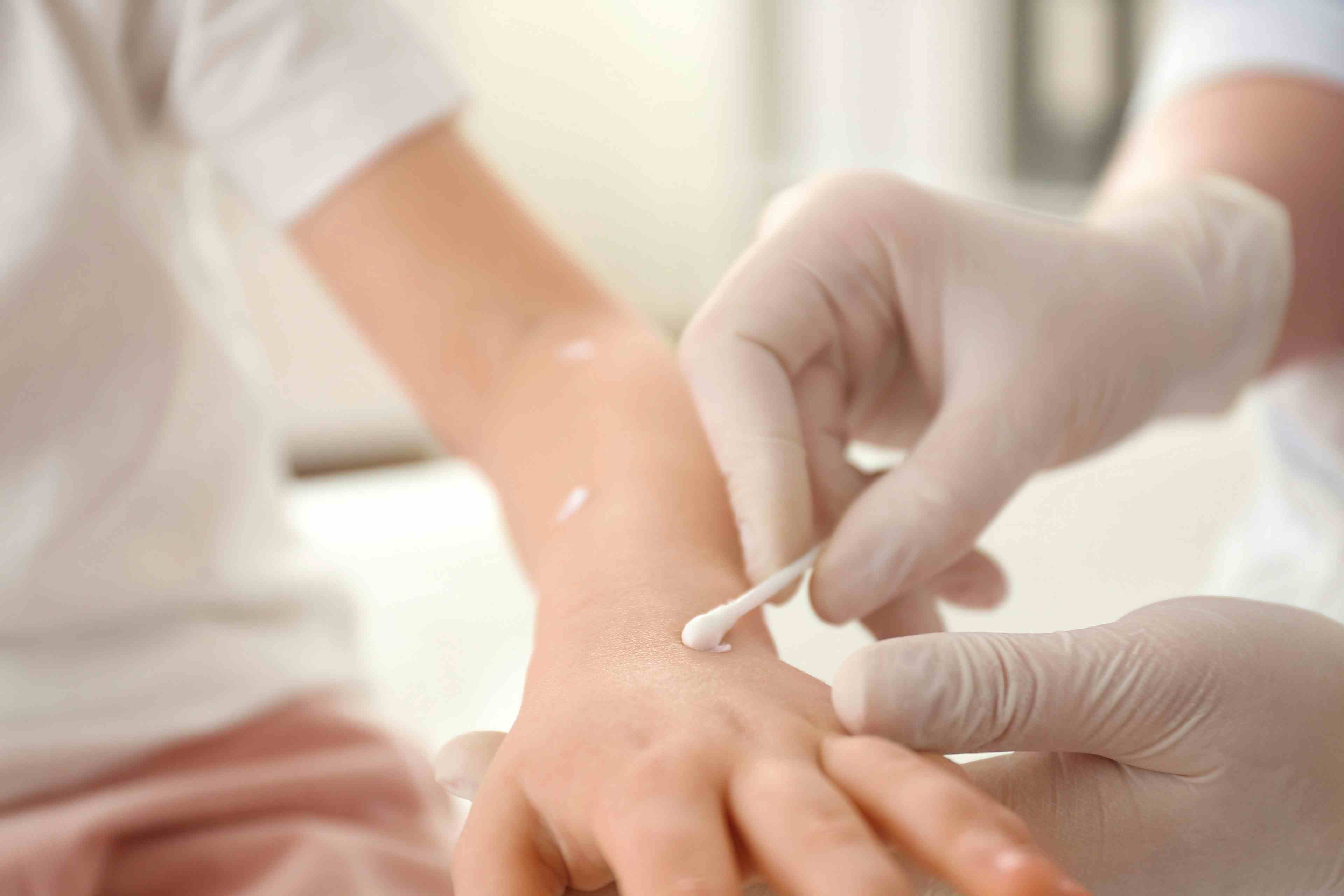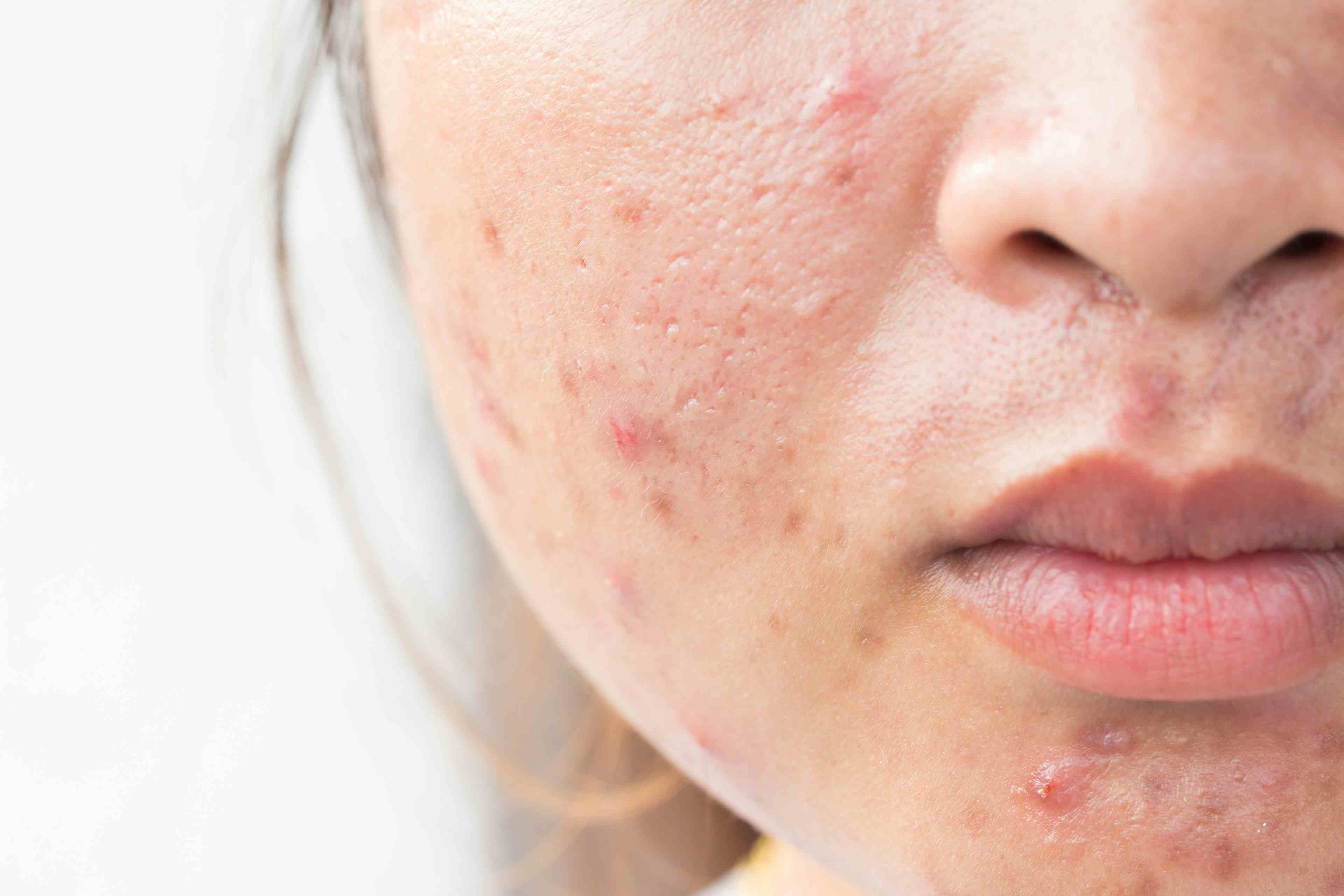- Acne
- Actinic Keratosis
- Aesthetics
- Alopecia
- Atopic Dermatitis
- Buy-and-Bill
- COVID-19
- Case-Based Roundtable
- Chronic Hand Eczema
- Chronic Spontaneous Urticaria
- Drug Watch
- Eczema
- General Dermatology
- Hidradenitis Suppurativa
- Melasma
- NP and PA
- Pediatric Dermatology
- Pigmentary Disorders
- Practice Management
- Precision Medicine and Biologics
- Prurigo Nodularis
- Psoriasis
- Psoriatic Arthritis
- Rare Disease
- Rosacea
- Skin Cancer
- Vitiligo
- Wound Care
Article
Biologics may be less toxic than other medications
National report - Biologic agents will not necessarily be more effective than current drugs used for dermatological conditions, but will produce less toxicities, says the professor and chairman of dermatology at Wake Forest University School of Medicine, Winston-Salem, N. C.
National report - Biologic agents will not necessarily be more effective than current drugs used for dermatological conditions, but will produce less toxicities, says the professor and chairman of dermatology at Wake Forest University School of Medicine, Winston-Salem, N. C.

Many targets
"There are dozens and dozens of psoriasis trials with various biological agents," he says. "There are a number of other conditions where it would be really critical to find out where the tumor necrosis factor (TNF) alpha agents will work."

However, because of the expense and time associated with running large, randomized, controlled trials for phase 3 testing, many of the biologic agents may not receive an indication for a variety of skin conditions, Dr. Fleischer explains. He predicts that many of the biologic agents will be used to treat a host of skin conditions off-label.
"There will be small, controlled and open trials that will establish the efficacy of biologic agents in a variety of diseases," he says. "We will not have indications for orphan diseases."
Dr. Fleischer notes that agents such as oral pimecrolimus and efaluzimab will likely be able to treat a number of nonpsoriasis conditions. Efaluzimab may have efficacy in atopic dermatitis and is to be studied in a phase 2 trial to treat adult atopic dermatitis. He adds that oral pimecrolimus, in particular, appears to have a very good safety profile, a fact that is very attractive given the toxicities associated with immunosuppressive agents.
"Immunosuppressive drugs each have their particular toxicities," Dr. Fleischer says. "Cyclosporine is toxic to the kidney, while a drug like azathioprine is toxic to bone marrow."
A major advance in dermatological therapy may come in the treatment of m. contagiosum, which is more prevalent in children than adults. New topical antiviral drugs may become available that treat warts and molluscum, decreasing the need for painful cryosurgery.
Much interest
Ivor Caro, M.D., a dermatologist and medical director at South San Francisco-based Genentech Inc., agrees that there is much interest in looking at the expansion of indications for relatively new biologic agents.
He notes that B-cell agents, for example, are being examined to treat systemic lupus erythematosus. Genentech is planning to study a topical vascular endothelial growth factor (VEGF), now entering a phase 2 trial, to treat diabetic foot ulcers. The company is also testing an agent in phase 1 studies to treat basal cell carcinoma.
"The hope is that they are going to be more effective," Dr. Caro says. "We are moving toward much more targeted therapies by having a better understanding of disease pathogenesis. We are able to think about designing therapies which would be much more targeted to specific disease, which would then increase efficacy and improve the safety profile."
Because of new understanding of the immunopathogenesis of psoriasis, many of the agents that have been recently approved and those in clinical trials to treat psoriasis are working against the immune response rather than the epidermal activity of the condition.
Newsletter
Like what you’re reading? Subscribe to Dermatology Times for weekly updates on therapies, innovations, and real-world practice tips.
















